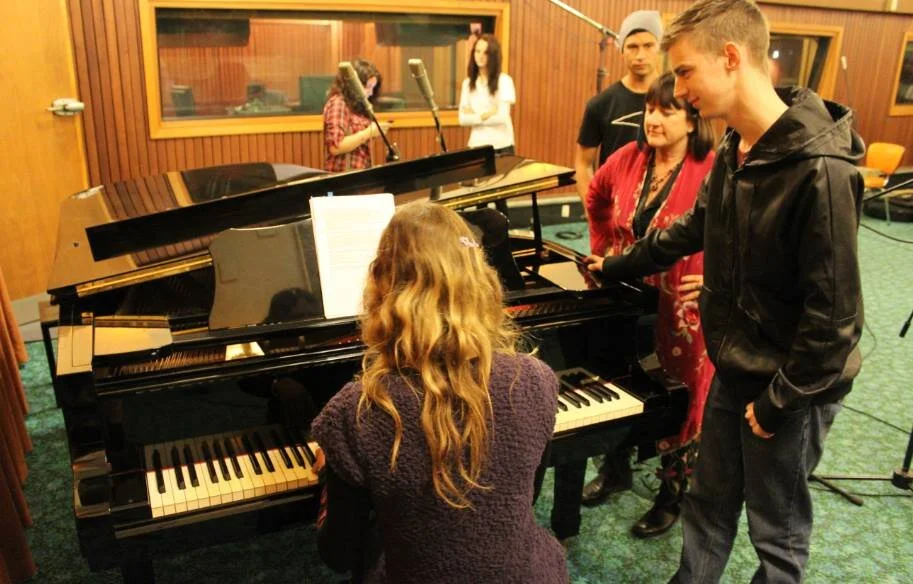WHAT IS DRAMA THERAPY?
Drama therapy is a non-threatening, therapeutic technique intended to aid self discovery, exploration and understanding of "self" and others through vocal and curative means. It is a paramedical profession closely linked to psychodrama and psychotherapy.
Drama therapy entails the use of drama, games, role play, counselling, discussion, improvisation, masks, story-telling, music and movement. The focus is not on the aesthetic merits of the artwork, but on the therapeutic process, that is, clients' involvement in the work. It's a symbolic language and provides access to catharsis, unacknowledged feelings and means of integrating them into the personality.
"Difficult", or "unacceptable" feelings can be expressed in a safe, non-threatening way. It can be easier for a person to relate to a therapist through an art form which, as a personal statement, can provide a focus for discussion and self-evaluation.
Drama therapy can build up the strengths and reserves of clients so they can raise their self-esteem and liberate their creative potential.
“Drama therapy is exploring the denied, the terrifying, the distressing, the locked away. Finding powerful solutions to debilitating situations. Discovering creative ways to resolve trauma and emerging from shut down emotions stronger and more at peace with yourself and life.”
utilising drama therapy
Just as we can never predict when the need for drama therapy may present itself, we can never predict how the drama therapy will play out. We are all different, and so too are the ways drama therapy resonates with our psyches. What works for one may not work for another and so on. The nature of drama therapy however allows for the trust to be able to work with that in a safe and supportive way, finding how to best empower the individual. Perhaps this is achieved by taking their story onto the stage, by involving them in the behind-the-scenes of another project, by connecting them in with our network of youth mentors, by taking them to a farm and having them interact with animals, by exploring self-expression through art and dance, or simply by giving them the space and permission to breathe.
Drama therapy is not a one-size-fits-all solution. It’s becoming aware of our own humanity, and then using that knowledge to empower ourselves and each other.
Since our inception, the trust has been using drama therapy to work with those at risk. Often these individuals then pay it forward by becoming a mentor for others.
Drama therapy and the creativity it inspires is utilised in all of our work, it being at the heart of our success.
